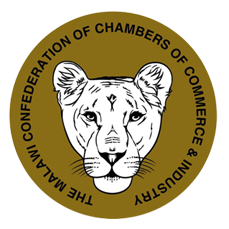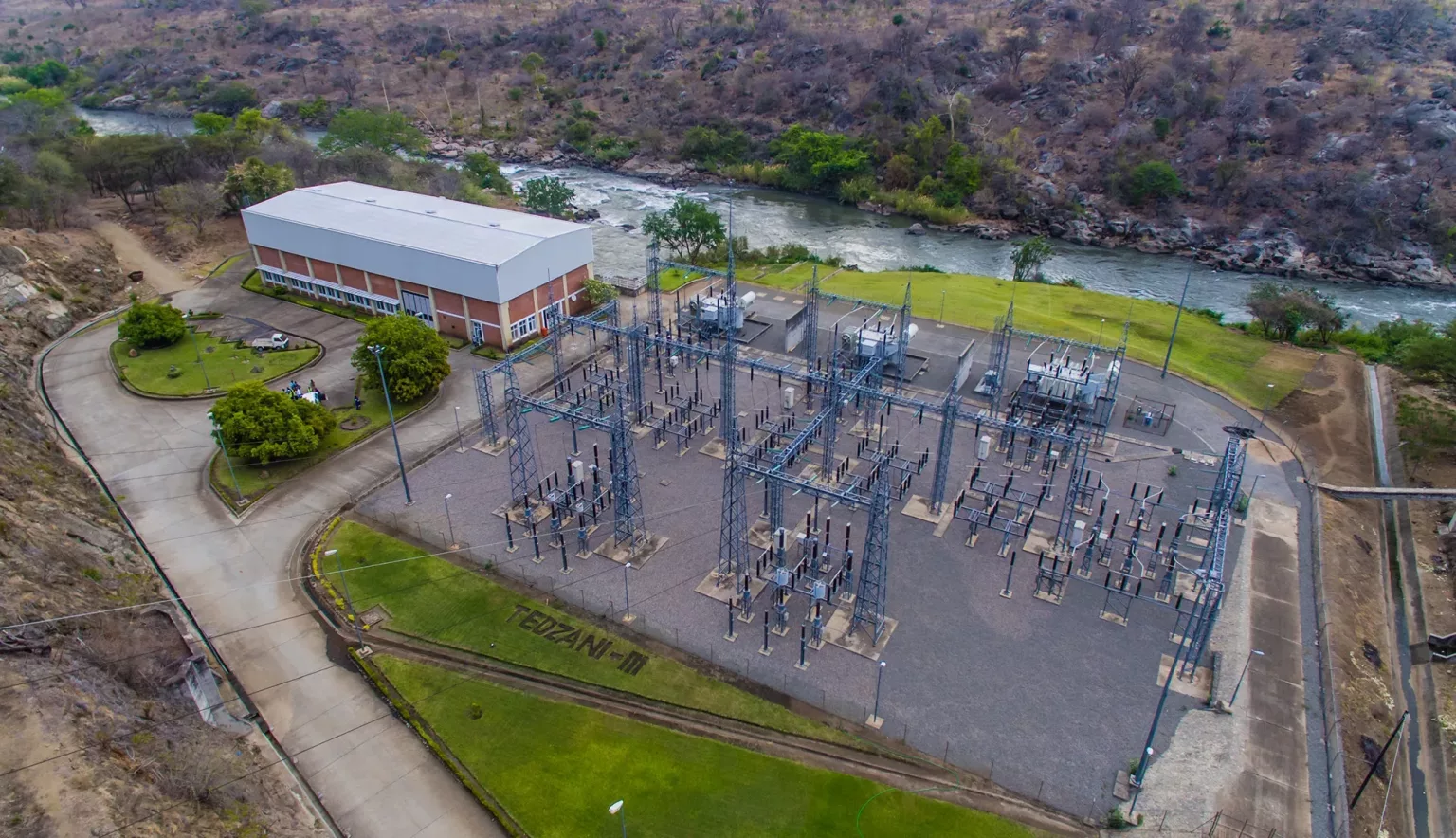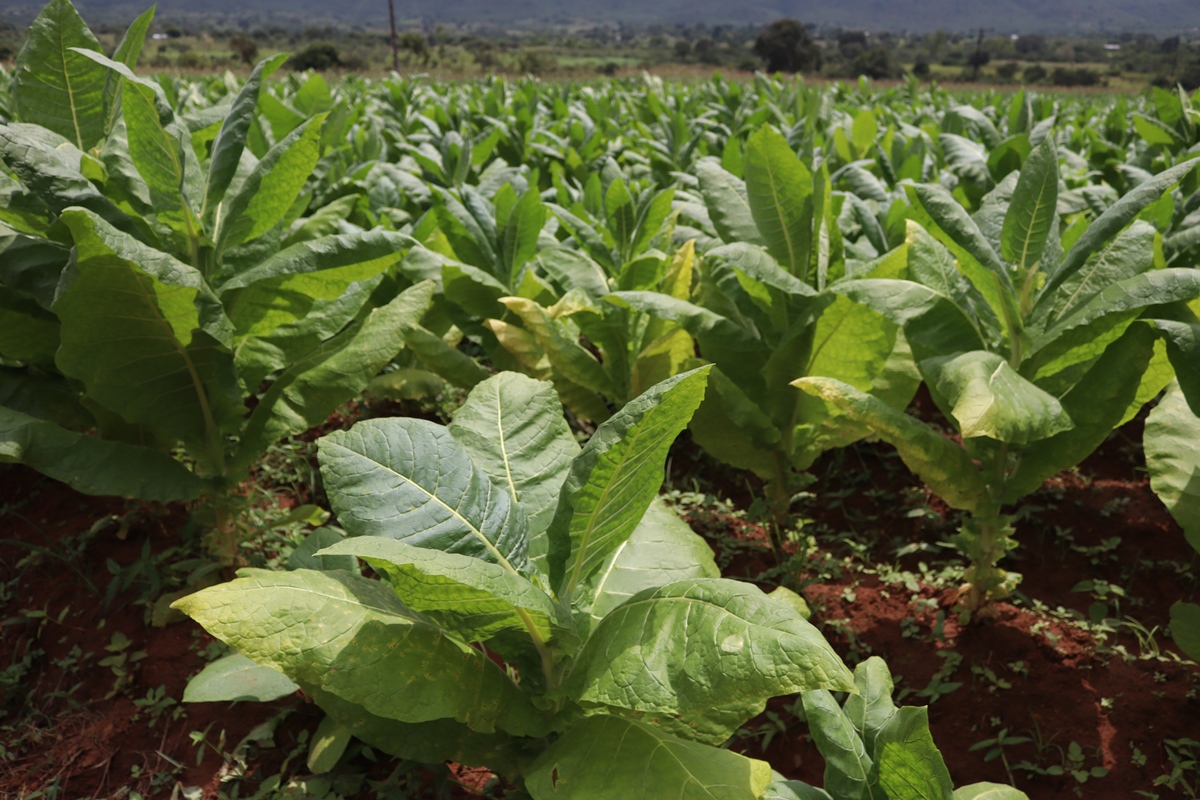- +265 (0) 999 970 950 / 951
- mccci@mccci.com
Introduction
Tourism remains one of the key sectors in the development of many economies including Malawi. The sector contributes about 6.7 percent to GDP as indicated in the 2024/25 National Budget Statement. The sector has a remarkably high potential to contribute at least 11 percent to GDP by 2030 through creation of employment, generating foreign exchange and income.
Currently the sector is facing a number of impediments that have contributed to its unsatisfactory performance. According to the World Economic Forum (WEF) Travel & Tourism Development Index (TTDI) 2024 overall rankings, Malawi has been ranked at number 115 out of 119 participating countries. This is lower than our neighboring countries including Tanzania (81), Zambia (104), and Zimbabwe (110). The TTDI benchmarks and measures the set of factors and policies that enable the sustainable and resilient development of the Travel & Tourism (T&T) sector, which in turn contributes to the development of a country.
According to the TTDI, Malawi scored poorly in transport and infrastructure, health and hygiene, lack of non-leisure resources, and poor tourist services and infrastructure. Despite the poor outcome Malawi scored better in price competitiveness, and safety and security aspects of the Index.
Goals and Aspirations
Malawi considers tourism to be one of the key sectors as such the country has outlined its aspirations in a number of interventions and publications. The following are some of the guiding frameworks for the sector.
National Tourism Policy (2019)
The National Tourism Policy provides the direction the Government will take towards transforming the sector into a major tool for socio-economic development. The Policy has outlined the key challenges that hinder the full exploitation of the sector’s potential and provides possible remedies for addressing them. It presents six outcomes to be achieved through six policy priority areas and specifies the institutional arrangements for its successful implementation. The policy has clear linkages to several policies but their coverage in this document is restricted to those that depict gaps and pose challenges to the development of the tourism sector.
Malawi National Investment Masterplan (2022-2042)
The Malawi National Investment Masterplan (MNTMP), is a 20-years roadmap that aims at creating an enabling environment for the development, regulation, and promotion of the sustainable tourism sector that enhances tourist experience and satisfaction whilst improving the social-economic well-being of and maintenance of the local cultural identity of the local communities.
Malawi Domestic Tourism Market Strategy (2018-2023)
The Malawi Domestic Tourism Market Strategy is a blueprint for promoting domestic tourism which is able to catalyze and the expansion of the available economic opportunities through development through collaboration of public, private and non-government stakeholders.
Government interventions to boost the sector
Throughout the years, the government has implemented a number of incentives ranging from tax incentives to regulatory arrangements with the aim of boosting the sector. The following are some of the most recent interventions:
- In February 2024, the Government of Malawi officially launched new immigration rules that remove visa requirements for 79 countries worldwide. These included Malawi’s key partners such as Germany, the US, the UK, France, Belgium, Canada, as well as a number of African and Asian nations.
- In the 2024/25 National Budget, Tourism was identified as one of the 3 anchor industries earmarked for development under the Agriculture, Tourism and Mining (ATM) strategy. Government has therefore allocated funds in the 2024/25 National Budget for Infrastructure projects including.
- Development of an integrated resort at Cape Maclear in Mangochi and Salima, Waterfront in Nkhatabay, an Activity Centre in Likoma and an integrated Cable Car Resort in Mulanje.
- Development of Public Beaches along the shores of Lake Malawi.
- Improvement of access roads to Resort Areas
Challenges facing the tourism sector and possible solutions
Despite government and private sector efforts to grow the sector, there are a number of challenges that the sector is currently facing. The following are some of the key challenge and possible solutions.
- Climate change and adverse weather impacts including cyclones and floods has affected the sector massively. Recently the rising water levels in Lake Malawi has disrupted activities of most hotels along Lake Malawi leading to closure of notable hotels.
- In recognition of the country’s vulnerability to adverse effects of climate change, the government of Malawi and the private sector should take important steps to address climate change issues as outlined in the National Climate Change National Climate Change Management Policy of 2016.
- The current economic environment of higher macroeconomic imbalance evidenced by rising fuel and food costs has not only affected the operational costs for businesses in the sector but also reduced demand for accommodation services. Higher inflation has eroded the buying power of consumer income thereby reducing the amount of income allocated towards domestic tourism. This problem has affected domestic tourism which was already low due to a general misconception held by Malawians that tourism is for foreigners.
- To solve this problem there is a need for continued effort to achieve macroeconomic stability.
- Under-developed product: Malawi’s diversity of natural, cultural and man-made attractions are generally underdeveloped. These include sites and events linked to cultural, colonial and religious heritage. They also include the lakeshore, mountains and protected areas. Further, the wildlife population is also low due to poaching, encroachment, inadequate funding for wildlife conservation and enforcement and environmental degradation of areas with outstanding natural 3 beauty. Finally, most tourist structures/facilities/services are of sub-standard quality affecting negatively on the destination image.
- There is a need to promote ecotourism that will help people around the tourist centers to benefit from the tourism activities and incentivize them to be custodians of tourism resources.
- Imposition and implementation of strong rules to protect wildlife and heritage centers.
- Promotion of civic education on the importance of tourism to the economy.
- Increasing funding toward environmental conservation.
- Limited tourism mainstreaming across all sectors: Tourism issues have not been integrated at all planning levels across sectors leading to conflicting policies being implemented. The situation has been exacerbated by the lack of an effective cross-sectoral public-public and public-private dialogue platforms.
- Tourism planning and development should be implanted at all levels of government including local government.
- The government should work to implement the all the identified aspects in the masterplan
- Limited destination marketing in selected markets: There is low visibility of Malawi’s tourism products in source markets due to inadequate resources for destination marketing. Malawians also lack awareness of local attractions and available product offers.
- The introduction of the Malawi International Tourism Expo (Takulandilani) is a step in the right direction and there is a need to boost our visibility through this event and many other platforms.
- Businesses in the sector should also invest in marketing to improve their visibility to attract both domestic and foreign customers.
- Low service quality: This is due to limited supply of skilled labour, lack of high quality training institutions and outdated curriculum, low literacy levels, limited number of specialist investors and unattractive conditions of service leading to unmotivated labour force. Low quality of services adversely affects the competitiveness of the destination.
- Government and private sector should work together to boost human capacity investment. This can be done by introducing more tourism colleges and related programs in the already existing private and public universities.
- Tourism subjects should also be extended to grassroots levels of education including secondary and primary school.
- Inadequate supporting infrastructure and services: Some roads are below internationally acceptable standards. Air and railway transport is costly and limited. There is also a lack of vessels and port infrastructure to support water transport. Gaps in service delivery in other sectors such as health, ICT and financial sectors also affect tourism growth.
- There is more to be done in the infrastructure sector to help boost tourism. Despite the government establishing a number of incentives including the removal of importation tax on building materials in the sector the private sector is failing to utilize such opportunities due to a number of factors including unavailability and costly finance. Government and the private sector should therefore introduce a tourism fund to help finance tourism projects.
- Given high financial requirement, businesses should engage in collaboration to achieve big project.
- Incentives should also be made to attract Foreign Direct Investment (FDI) in the sector.
- Limited and costly accessibility: There is a lack of seamless flights from regional hubs. Domestic air connectivity is very limited and costly. In addition, ground facilities for transfers including shuttles, taxis, luxury coaches, ships and water vessels are costly and unreliable.
- There is a need to improve the transportation system by constructing high standard roads linking tourist centers. The air infrastructure should also be enhanced to attract more air traffic to Malawi.
- There should also be tax incentives to promote investment in automobiles, and planes used for the tourism sector.
- Players in the medical sector have attributed the lack of proper regulatory framework as one of the factors affecting medical tourism. For example, some hospitals have the potential to attract customers from neighboring countries. However, the lack of forex is affecting their business operations since they need forex to import medical suppliers.
- Therefore hospitals should be allowed to receive payment in foreign currency to smoothen their business operations.
- Gaps in the tourism regulatory and institutional framework: The tourism sector is dynamic and the present law does not address the current and emerging issues. For instance, it does not provide for planning and development issues. The Ministry responsible for Tourism doubles as a policy maker and implementer. The Government undertakes operational activities such as licensing, grading and destination marketing that are generally agreed to be more appropriately housed in a semi-autonomous body responsible for regulation and promotion.
- Separate individual bodies should be introduced to help eliminate some of the irregularities in the sector.
- Fragmented private sector: There are divisions and lack of coordination amongst private sector operators which makes it difficult for the sector to advance consensus on important issues.
- There is a need to boost collaboration between private sector and government institutions through Public Private Partnerships (PPPs), and engagement of policy and regulatory framework.





